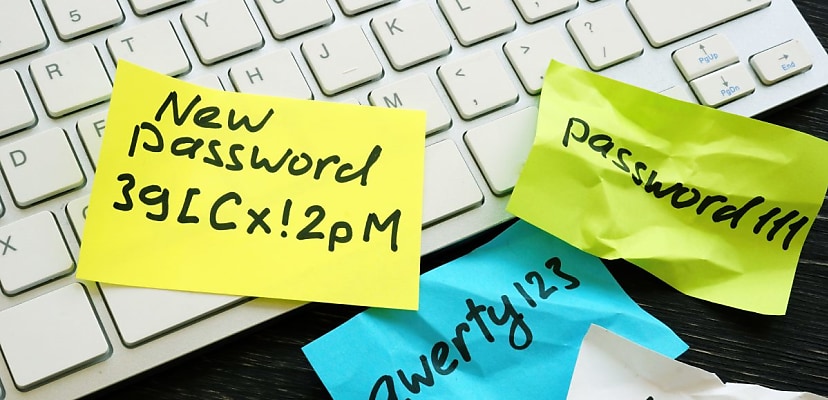Despite living in a world more dominated by online presence than ever before, new research shows that many have a false sense of password security across all generations and ages.
“Our latest research showcases that even in the face of a pandemic, where we spent more time online amid rising cyber attacks, there continues to be a disconnect for people when it comes to protecting their digital lives,” said chief secure technology officer at LastPass, Christofer Hoff.
“The reality is that even though nearly two-thirds of respondents have some form of cyber security education, it is not being put into practice for varying reasons. For both consumers and businesses, a password manager is a simple step to keep your accounts safe and secure.”
LastPass analysed the security practices of 3,750 professionals across seven countries, which found a major difference between user confidence in their passwords and online practices and the actual risk they face.
The report found that cyber security education is not directly resulting in good practices. While 65 per cent of those surveyed said they had some form of cyber security education and 79 per cent considered it to be effective, only 31 per cent stopped reusing passwords and 25 per cent use a password manager.
Gen Z, the generation whose lives have been the most shaped by the online world, is both the proudest of its password standards and the biggest offender of poor password practices.
According to LastPass’s latest report, Gen Z believes their password methods to be very safe, with users creating longer and more secure passwords.
However, the same generation continues to use a variation of a single password 69 per cent of the time despite knowing that using the same or a slightly varied password poses a risk to security.
Millennials, which are the generation before, closely follow this behaviour at 66 per cent.
Interestingly, Baby Boomers, the generation whose lives have been the least shaped by an online world, have the best password hygiene.
LastPass has concluded that this is because they have had to adapt more to meet a changing world, and are generally better off financially, meaning they have more to lose.
Despite being the generation most likely to call their practices “neither safe nor risky”, they are the most likely to create truly unique passwords and least likely to reuse or vary the same one.
Boomers are also the least likely to track their passwords purely through memory, with only 38 per cent of the generation doing so. This is compared to Gen Z, who are the most likely to use memorisation to track their passwords at 51 per cent.
Overall, 89 per cent of those surveyed recognised the risk in using the same password or a variation, however, only 12 per cent use different passwords for different accounts, and 62 per cent mostly using the same.
This behaviour has grown over the last year, with 41 per cent using variations of the same password this year, growing 5 per cent from 2021.

